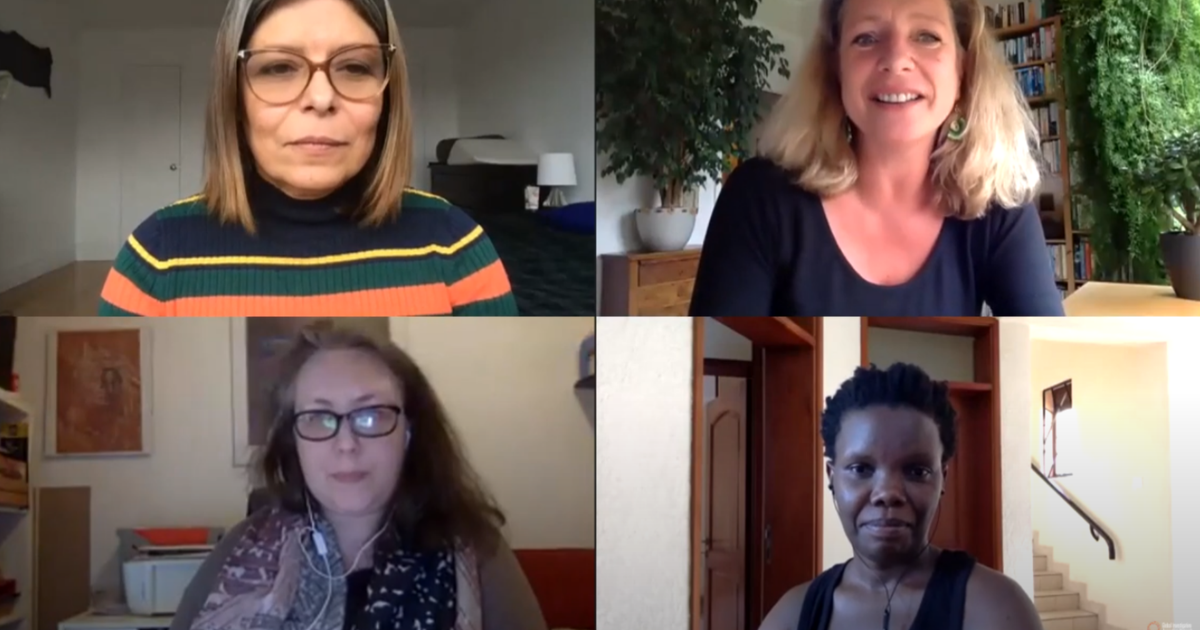
Namubiru explained how one of the investigated groups, Heartbeat International, has supported a worldwide network of what are called ‘crisis pregnancy centres’, which openDemocracy undercover reporters revealed use misinformation in their quest to stop women having abortions.
She described these centres as providing “ideological activism passing as healthcare”; they rarely make their anti-abortion positions known to the vulnerable women they are trying to reach.
Provost encouraged other journalists to explore openDemocracy’s interactive data visualisation of US Christian right spending around the world, and shared tips – including the value of pilot phases in investigations and how methodology notes can help you share your findings with others.
Giannina Segnini, director of the Data Journalism Program at Columbia University’s Journalism School, said her investigative journalism was not necessarily focused on the influence of religion on government but on the influence of “fundamentalism”, and how politicians aligned with fundamentalist groups push an “agenda of blocking human rights”.
Segnini and openDemocracy’s editors all emphasised the importance of collaborative and cross-border work to investigate these issues.
Provost added: “This work would have been impossible without the front and centre role and leadership of women and LGBTIQ people who, among other things, did crucial undercover work.”